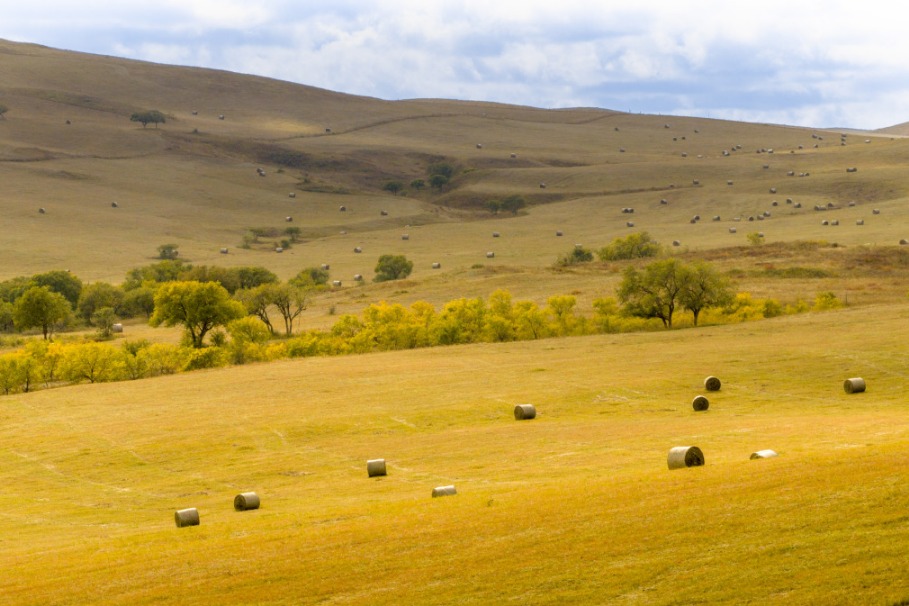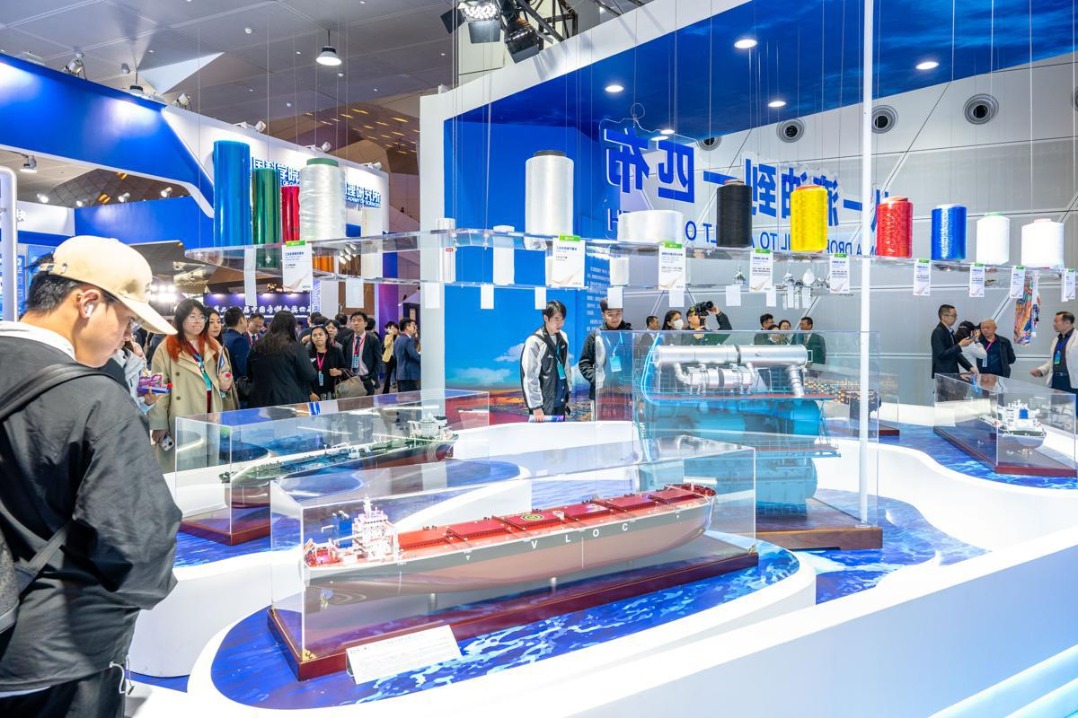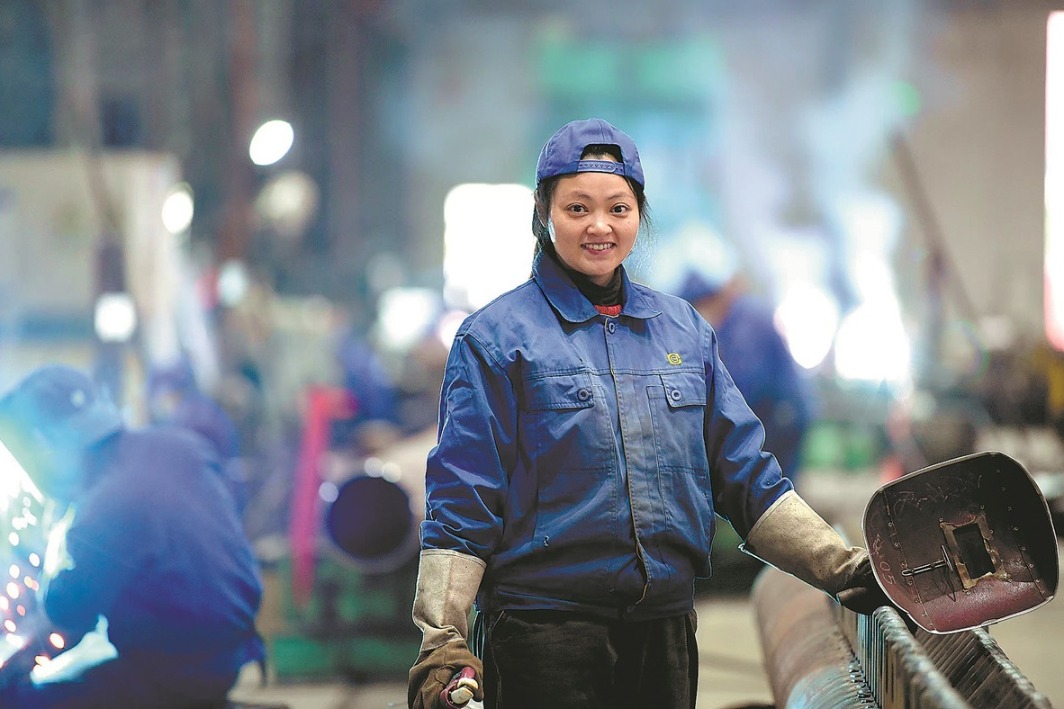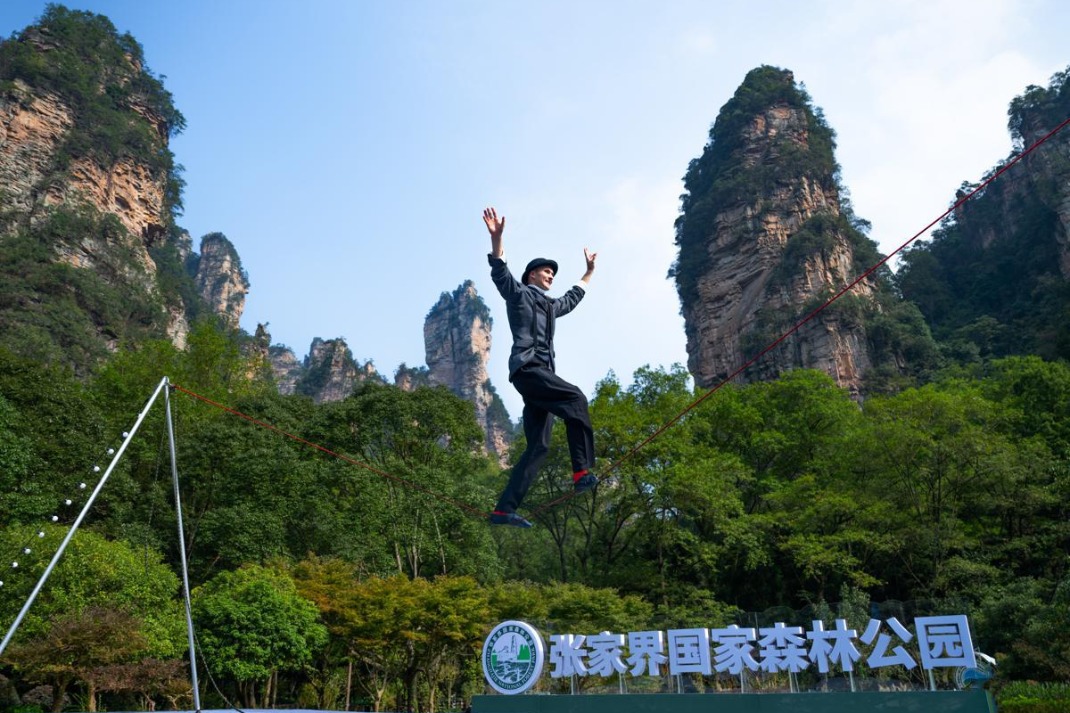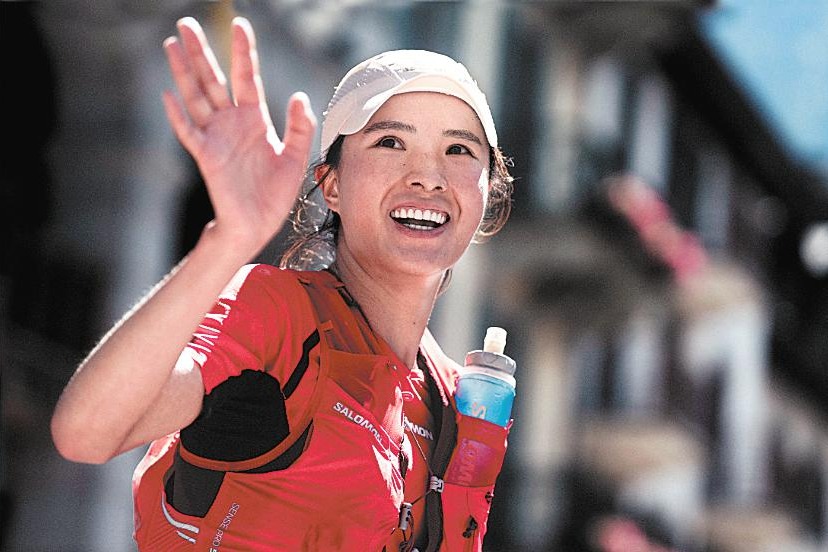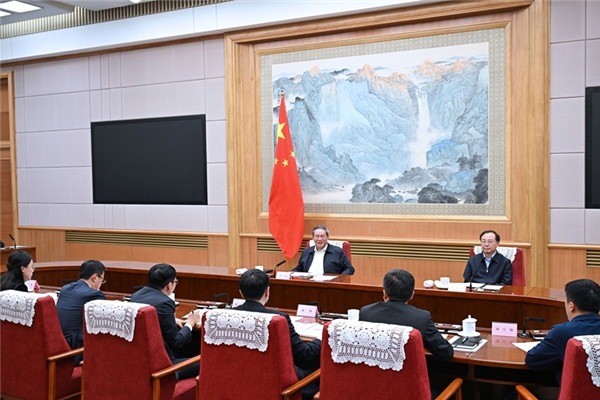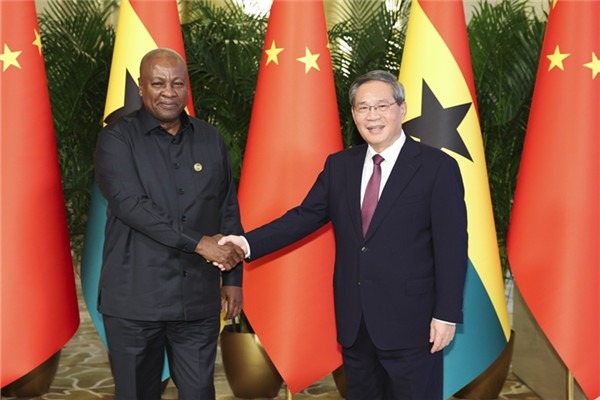Meeting keeps hope alive for women

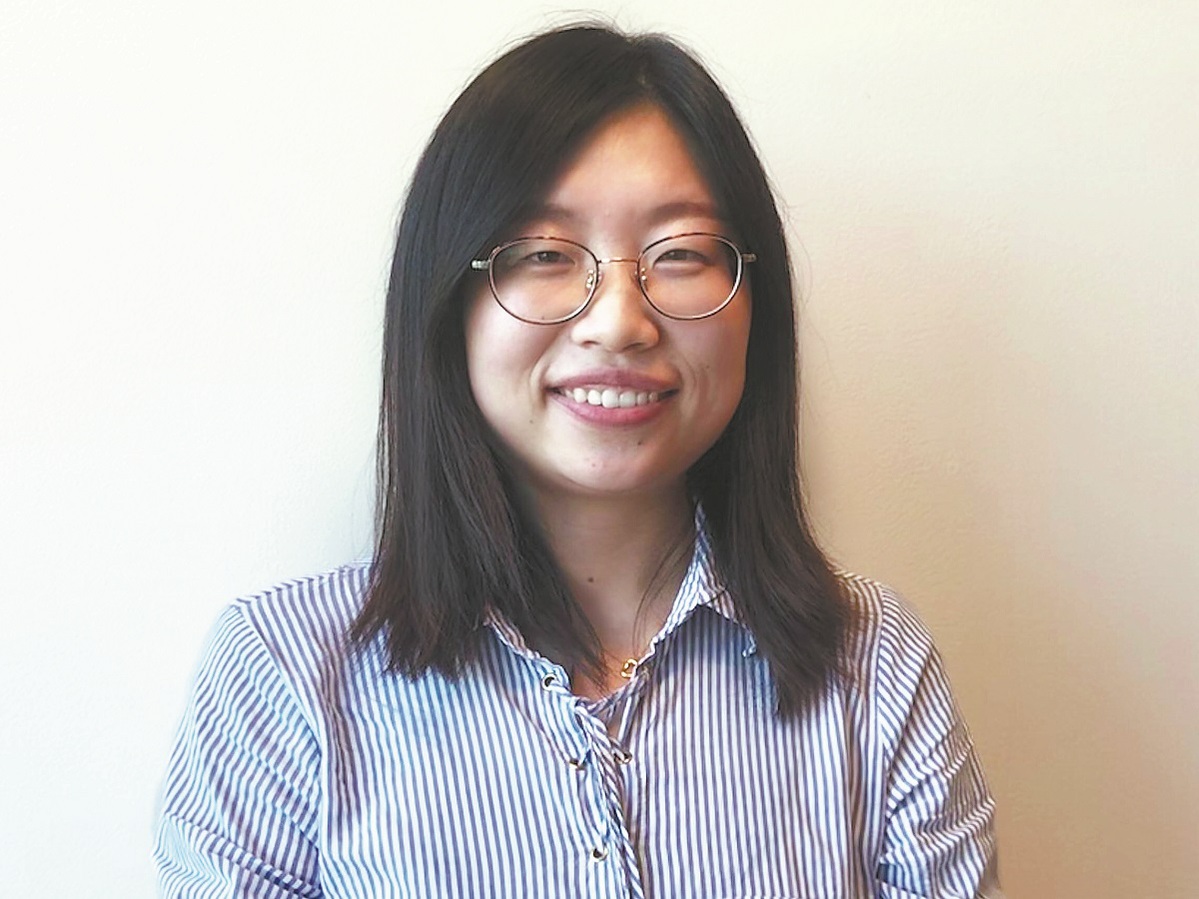
Thirty years ago, in Beijing, a conference changed the life of a woman — then a successful business executive from Malawi — who would later become her country's president. Her name is Joyce Banda.
When I spoke with Banda in China last year, she told me that it was at the 1995 United Nations Fourth World Conference on Women in Beijing that she decided she wanted to lead — to help her country, and all of Africa, move forward.
That was also when I first learned about that historic gathering, which brought together more than 17,000 delegates from 197 countries and regions and adopted the Beijing Declaration and Platform for Action — a bold blueprint for gender equality that continues to shape the world today.
From the Chinese capital, men and women of different skin colors, nationalities and ages spoke with one voice, clear and unshakable: Women's rights are human rights.
This week, as the world once again turned its eyes to Beijing, I met people from across the globe — including several female leaders — who gathered for the Global Leaders' Meeting on Women, held to commemorate the 30th anniversary of the landmark conference.
Among the speakers was Icelandic President Halla Tomasdottir, whose story deeply resonated with me.
She took us back to Oct 24,1975, when more than 90 percent of Icelandic women took to the streets to demonstrate the indispensable value of their contributions to society. It was known as the "Women's Day Off" strike.
Tomasdottir said she was 7 years old at the time. But that day felt different — her mother and aunts weren't baking, cleaning or serving as they usually did.
"I asked why," she recalled. "Their answer was simple: We want to show that we matter."
That moment planted a seed. As Tomasdottir said on stage, "I came to understand a fundamental truth about humanity. We all want to matter. We all want to be seen and valued."
Five years after that strike, Iceland elected Vigdis Finnbogadottir, the first woman in the world to be elected president of a country by popular vote.
When Finnbogadottir attended the Beijing conference in 1995, Tomasdottir was a fresh college graduate. She still remembers, as she put it, "the sense of momentum radiating from this grand city".
"Let us draw strength from the legacy of the Beijing Platform for Action — not as history, but as a mission," she said on Monday. "Let us act not someday, but now, for the girls who follow us. They deserve not unfinished promises, but fulfilled rights and real opportunities."
As one of the women who grew up in a world shaped by that 1995 conference, I felt a surge of recognition and hope.
Yet, as several speakers also pointed out, the hard truth remains: Even today, no country has fully achieved gender equality. Progress on the commitments made 30 years ago — in education, work, safety and leadership — has been slow and uneven.
Thirty years on, women and men around the world still share a common mission: to make true equality a reality, not just an aspiration.
Still, optimism filled the air in Beijing this week. The discussions were not only about reflection, but also renewal — about carrying forward the promise that began here three decades ago.
















